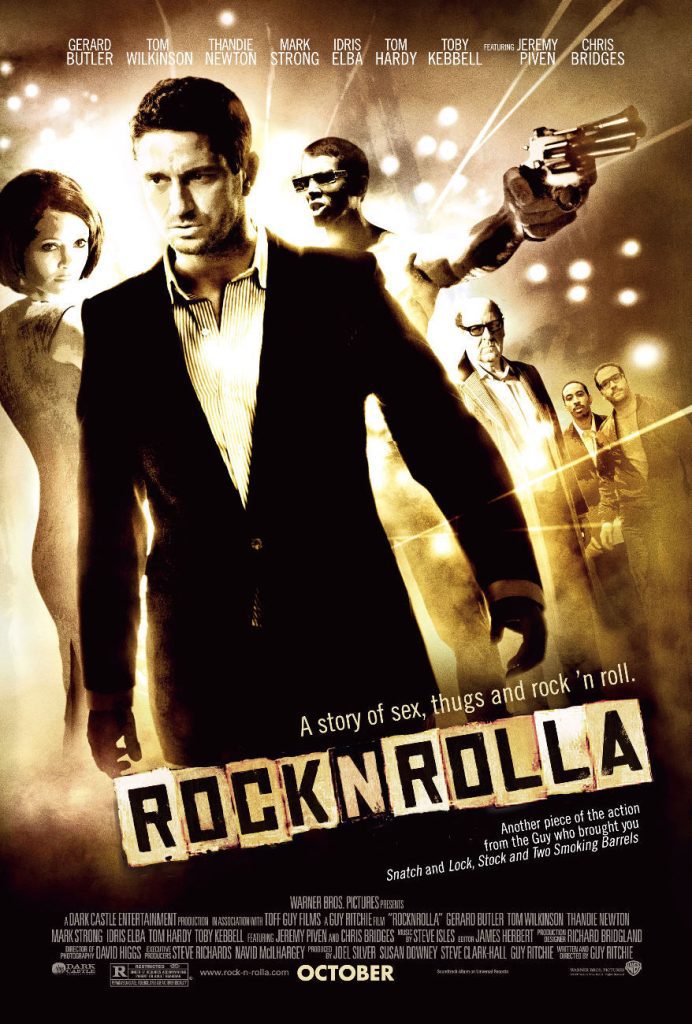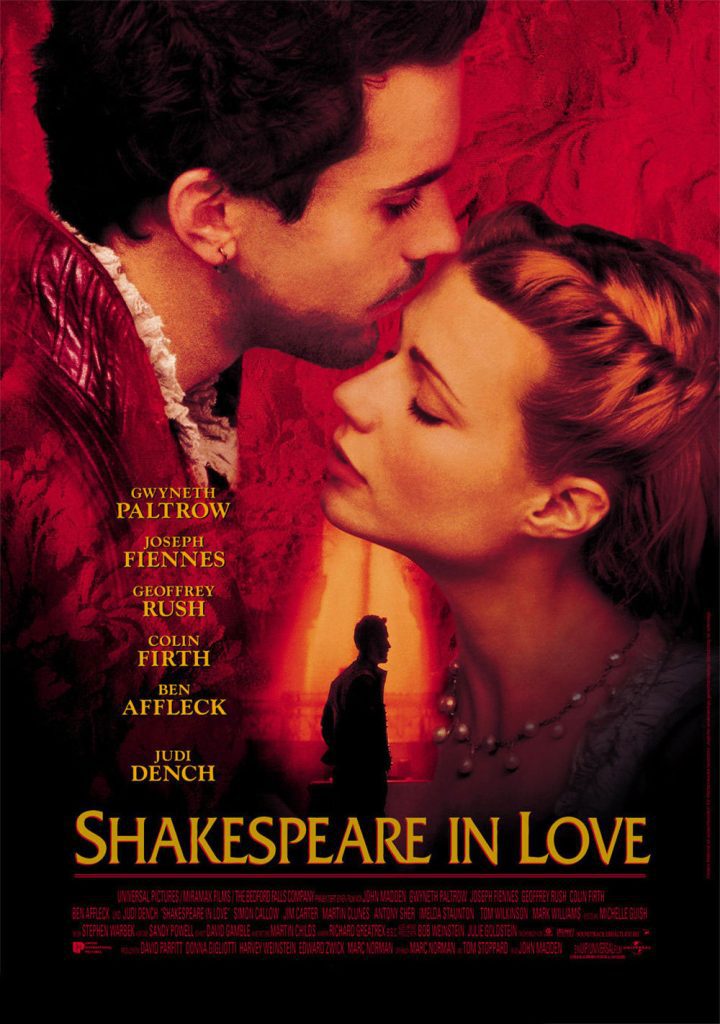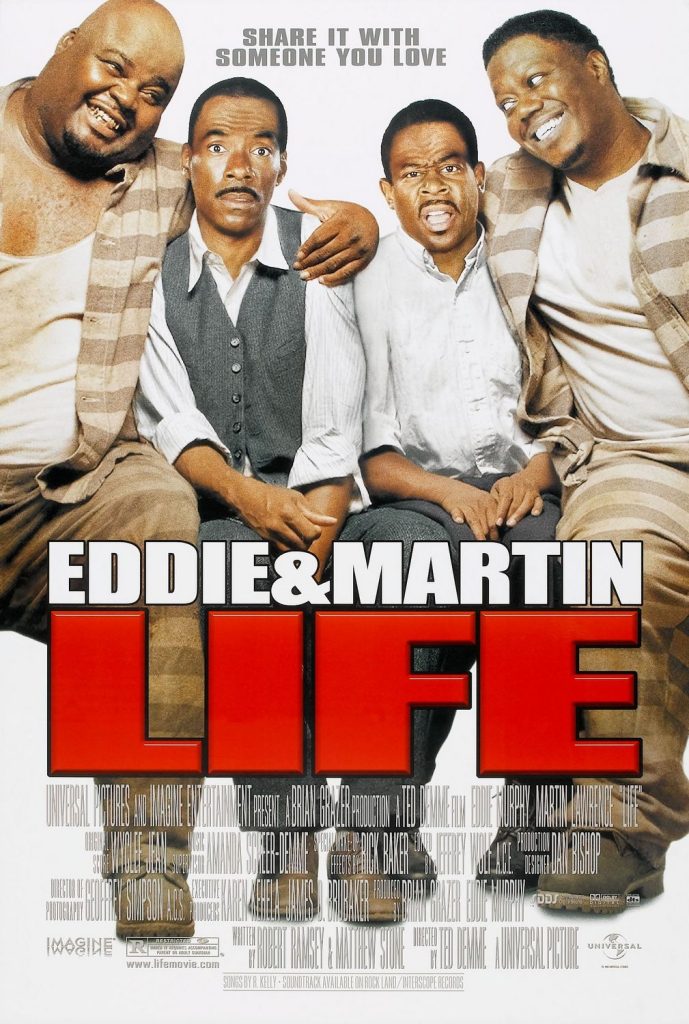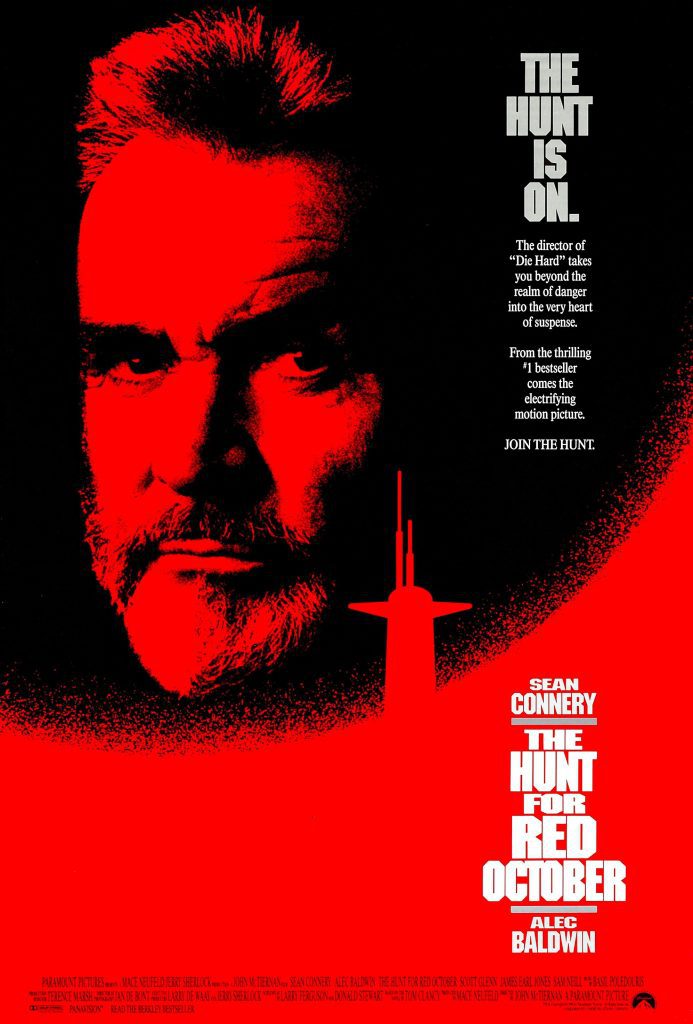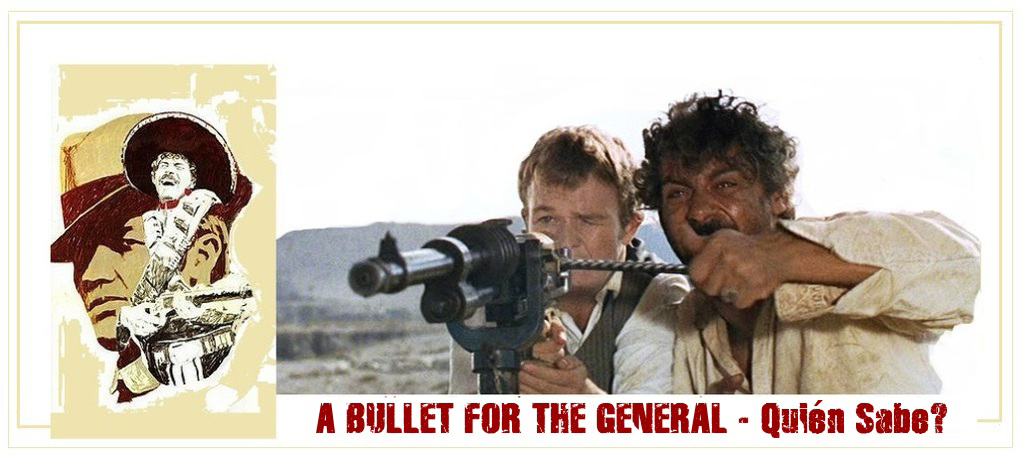
The success of the Sergio Leone “Man with No Name” trilogy in the mid-1960s highlighted the opportunity offered by the popular spaghetti western genre to directors who were looking to make political statements through their work. Damiano Damiani was one of the first to seize this opportunity with a modest film entitled Quien Sabe?, meaning “Who Knows?,” which was released in 1966. (For its international release, it was unfortunately retitled A Bullet for the General, telegraphing its plot in comparison to the more elegant original title.) The film delivered a rather clear message about oppressor and oppressed and demonstrated considerable box-office success, although one suspects that was more due to the film’s liberal dosage of killings and mayhem than to its political message.
Anchor Bay recently released A Bullet for the General on DVD as part of its Spaghetti Western Collection.
El Chuncho is the leader of a gang of Mexican bandits who are attempting to steal guns and ammunition so that they can sell them for money to one of the Mexican revolutionary leaders, a general named Elias. During a raid on a train, they receive assistance from a passenger called Bill Tate, a mysterious American whom El Chuncho dubs El Nino due to his youth. Tate is a refined man who agrees to join El Chuncho’s gang and soon proves his value with several daring plans for raids that lead to the capturing of many rifles and eventually a machine gun, something that El Chuncho has long coveted. During the course of these raids, Tate is quite insistent about getting the guns to Elias especially when El Chuncho looks to becoming sidetracked. When Tate and the remainder of the gang are finally led to Elias, however, the outcome is far from what El Chuncho had expected.
Director Damiano Damiani has been responsible for several dozens of productions since his debut in 1960, but only two of them fall into the spaghetti western genre. The first and most important is A Bullet for the General (or Quien Sabe?) which Damiani apparently doesn’t care to have considered as a western, despite overwhelming evidence to the contrary. He is quoted as stating, “Quien Sabe? is not a western. Whenever the critics see a horse, they think they are watching a western…Quien Sabe? is a film about the Mexican Revolution set in the Mexican Revolution, and is clearly a political film and could not be otherwise.” Of course, the latter is quite true; this is a political film which makes a very clear point about the oppression suffered by the majority of the Mexican populace at the hands of the Mexican federalists and by extension the United States as embodied by Bill Tate. One can take this as far as one wants. El Chuncho’s attraction to Tate may be seen as symbolic of the temptation of western capitalism, and Tate’s overall involvement as akin to the CIA’s covert interventions in South America in the 1960s. It would have been popular too at the time to see some allusion to American intervention in Vietnam in the film as well. Co-scriptwriter Franco Solinas has described A Bullet for the General as a pop version of his 1965 film The Battle of Algiers.
Whether you choose to read the film on this level or not, one thing remains unaltered, though. Despite taking place in the early part of the 20th century, the film is also an unabashed western action story with many western symbols and situations firmly in place: the stranger who manages to join the outlaw gang with an ulterior motive; attacks by outlaw bands on symbols of law and order and progress (a train, an army garrison); the hideout in the hills; payoffs in gold coins; chases on horseback; and so on. The story that links all the events together is well-written with a number of memorable set-pieces embedded in it. The direction in which the story is heading is fairly evident early on although Tate’s real intentions only get confirmed well after the story’s midpoint. Then there is a double climax that is satisfying to all.
The film benefits from the presence of Gian Maria Volonté who also appeared in A Fistful of Dollars and For a Few Dollars More. Here he plays El Chuncho with passion and conviction. The sometimes bombastic English dubbing also lends him an air of being a person larger than life, strengthening the character’s impact in so doing. In a smaller role as El Chuncho’s brother, the man-of-God El Santo, Klaus Kinski effectively conveys the idea of a somewhat otherworldly and partially unbalanced soul. Lou Castel (a Colombian actor named Luigi Castellato) is memorable as the single-minded Bill Tate. Martine Bestwick also registers in the smaller role of Adelito, the sole female gang member.
Anchor Bay has certainly provided the film with a top-notch transfer. The image is anamorphically enhanced and presented in its original Techniscope ratio of 2.35:1. This is a very clean and finely detailed image with excellent colour fidelity. Contrast is very good and shadow detail is excellent too. Given the condition of the source material on some of the spaghetti westerns, the image quality of this DVD is a very pleasant surprise. High marks.
The sound is also quite aggressive given that it’s a Dolby Digital 2.0 mono mix. Dialogue is clear and dynamic, while the film’s impressive music (by Luis Enrique Bacalov) is very full and majestic-sounding. The audio is in English only, dubbed from the Italian for most of the characters.
For supplements, we get two theatrical trailers. One is the international trailer presented in Techniscope that introduces the film’s plot and characters well enough, but manages to avoid ever mentioning the title of the film. The American release trailer is presented full frame, but it at least gives the title. A four-page pamphlet inserted in the keep case includes a nice poster reproduction on one page and two pages of background notes on the film.
A Bullet for the General is one of the better spaghetti westerns. It creates a very atmospheric picture of revolutionary Mexico and tells an interesting tale of greed and betrayal within that backdrop. A fine cast and one of the genre’s better music scores are pluses. Retention of the film’s original title or the use of a literal translation would have been better than the one finally chosen (which manages to give away the plot to some extent). Anchor Bay delivers a very fine transfer, although supplementary content is a bit weak. Recommended.
For more movies visit Soap2day.

